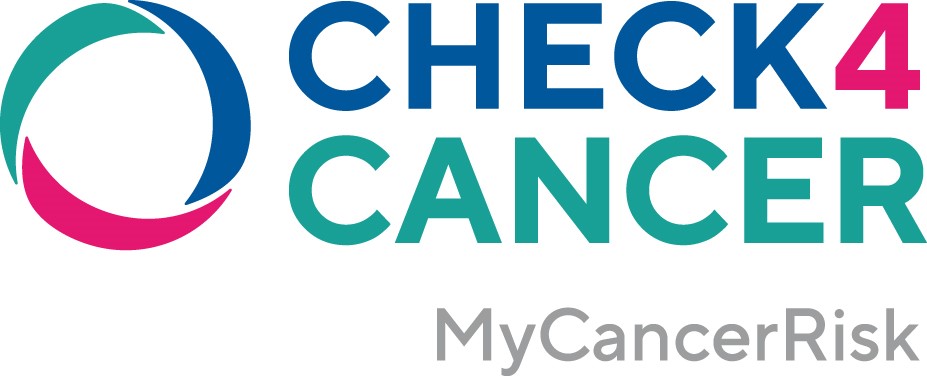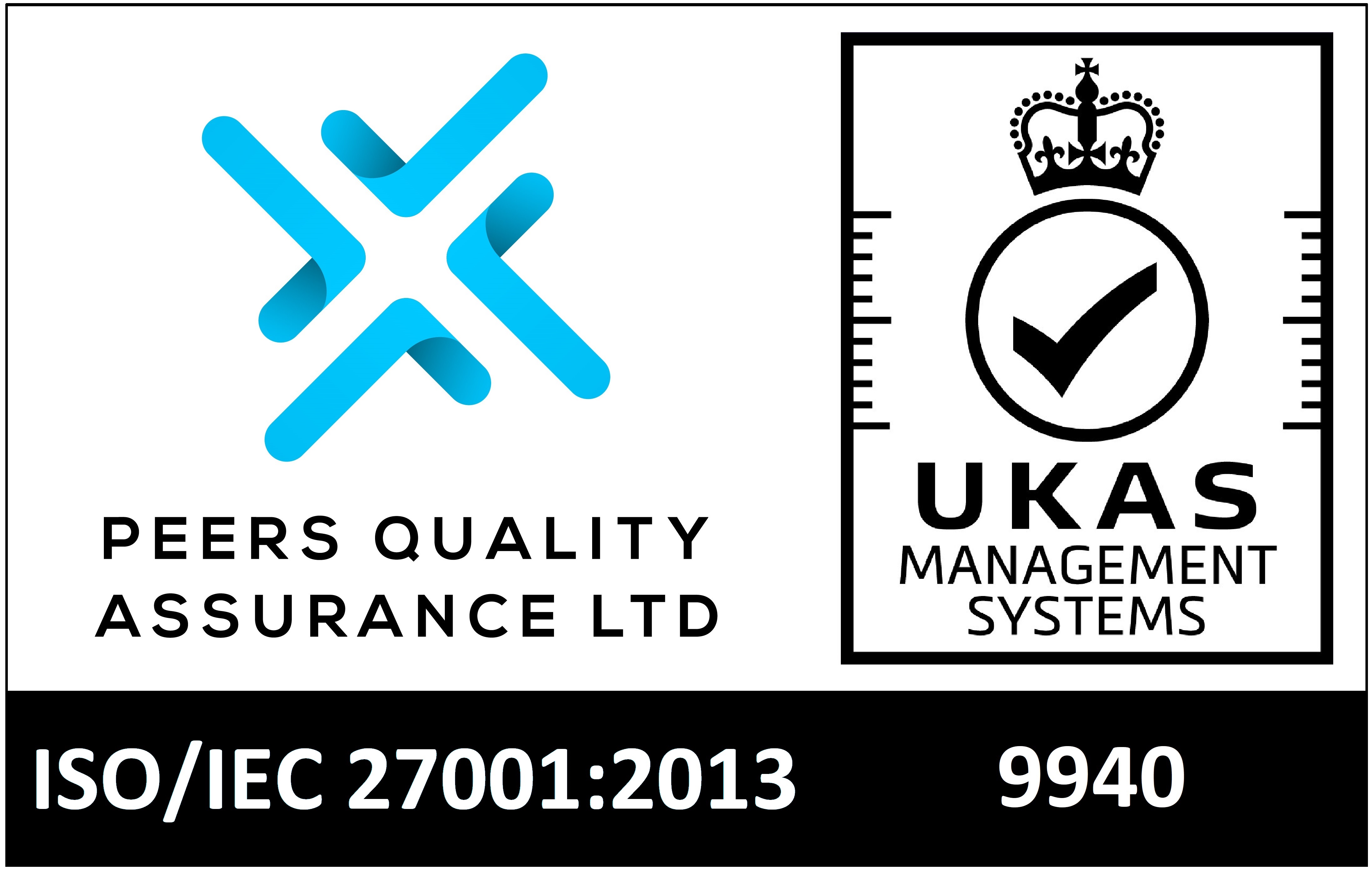Around one in seven women in the UK are diagnosed with breast cancer1 at some point in their lives. Early detection remains one of the best ways of improving outcomes: being aware of the possible signs and symptoms; regularly checking your own breasts and participating in screening programmes.
We spoke with Professor Gordon Wishart, founder and chief medical officer at Check4Cancer, who has more than 30 years experience as a breast cancer surgeon on the importance of screening mammograms to detect early breast cancer.
Why should women have a breast screening mammogram?
Mammography has the ability to detect breast cancers at a very early stage before changes can be felt in the breast either by you or by your doctor. Regular breast screening leads to cancers being discovered before they can be felt, when they are smaller and when they are less likely to have spread. Women with screen-detected breast cancers usually require less treatment and have a better survival rate than those who present with symptoms.
What is a mammogram?
A mammogram is a low-dose x-ray that can detect breast cancer at an early stage, even before you notice any changes or symptoms. It usually involves two X-rays of each breast while each is gently compressed. This makes it possible to detect tumours that cannot be felt, as well as finding micro-calcifications (tiny deposits of calcium in the breast) that sometimes indicate the presence of early breast cancer.
How often should women have a mammogram?
Several large studies have shown that breast cancer screening with mammograms reduces the number of breast cancer deaths in women aged between 40-69, especially those over the age of 50. Private mammograms are available for women aged 40+ if you are interested in screening but do not qualify for an NHS appointment.
In the UK, all women aged between 50 and 70 are invited for NHS breast cancer screening every three years. This is because older women are at a higher risk of developing breast cancer, (although you may still be eligible for NHS breast screening before the age of 50 if you are considered to be at higher risk).
What can I expect at my first mammogram appointment?
A mammogram appointment normally takes half an hour and during the mammogram, you and the radiologist will be the only ones in the examination room. You will be asked to undress to the waist and then you will be asked to position your breasts (one at a time) between plastic imaging plates (the mammogram machine). The plates will gently but firmly flatten your breasts as this helps keep your breast still and ensures a clear X-ray. Flattening the breast helps spread the tissue making it easier to find any tumours.
Normally, two X-rays are taken of each breast, from different angles to ensure a clear view of the entire breast. Some women find the process uncomfortable, but the discomfort is over quickly and sometimes your breasts may feel tender for a short while after the mammogram.
A mammogram involves exposure to a small dose of radiation but with modern mammography, the dose is extremely small.
Do you have any tips on what women should do to prepare for the mammogram appointment?
Ideally, you should try and schedule your mammogram appointment for the two weeks after your period, typically at the time when your breasts are least tender. Also, do not use deodorant, lotion or powders on the day of your mammogram as this can interfere with the interpretation of the mammogram.
Lastly, wear comfortable clothing with a separate top that you can easily remove.
Does a mammogram pick up all breast cancers?
Mammography will not pick up all breast cancers however, in women aged 50+ mammography will pick up approximately 85% of all breast cancers. In younger women, however, the test is much less sensitive because of the presence of dense breast tissue and may miss up to 50% of the breast cancers present in this age group. As a result, mammograms should be performed yearly in younger women to try and reduce the numbers of missed cancers.
Even if a mammogram does detect a tumour before it can be felt, this does not mean that a woman’s life will always be saved. A mammogram may not help those with fast-growing or aggressive cancers that have already spread to other parts of the body before being detected.
If a woman had had a normal mammogram, do they need to have another one?
Mammography is for detection rather than prevention of breast cancer, so if you received a normal result from your last mammogram, it does not guarantee that future mammograms will be normal. Depending on your risk and age, regular mammograms increase the chance of detecting cancer early when it is small and can be easily treated, improving survival outcomes. We recommend annual mammography from age 40-49, and every two years thereafter.
Can I have a mammogram if I have breast implants?
Women with breast implants can continue to have mammograms although you may experience increased discomfort. It’s a good idea to make the clinic aware in advance that you have breast implants as implants can hide some breast tissue and an experienced radiographer is therefore needed. They can then take steps to make sure that as much breast tissue as possible can be seen.
If you have had an implant following breast cancer surgery, you should ask your doctor whether a mammogram of the reconstructed breast is necessary.
Should I book a mammogram?
If you are aged 40+ or have a high risk of breast cancer, then booking regular mammograms is a good idea. You can book a screening mammogram with Check4Cancer even if you are not eligible for NHS screening. This can be booked over the phone, without a GP referral, and will help to put your mind at rest. Call usto book an appointment.
Following your appointment, you will receive a results letter with the mammogram report within 3-4 weeks. If your test is abnormal, we will call you before sending your results letter. Should you have an abnormal test result, you may be eligible for referral to a private consultant or to the NHS via your GP.
References
1 https://www.nhs.uk/conditions/breast-cancer-screening/
Professor Gordon Wishart | Founder and Chief Medical Officer
Professor Gordon Wishart is the founder, Chief Medical Officer and CEO of Check4Cancer. In 2016 Check4Cancer launched rapid access, streamlined and audited diagnostic pathways for breast and skin cancer to the insured and self-pay markets, leading to the award of “Diagnostic Provider of the Year” at the annual Health Investor Awards in 2018. In late 2017, Check4Cancer launched the first worldwide breast cancer risk test (MyBreastRisk) to combine genetic, family history and lifestyle risk factors to underpin a risk-stratified breast screening programme. As the former Director of the Cambridge Breast Unit from 2005-2010, and current Professor of Cancer Surgery at Anglia Ruskin School of Medicine since 2008, he has a strong track record in clinical research and modernisation of cancer diagnosis and treatment, with more than 100 peer-reviewed papers in scientific journals. In 2010 he led a team of clinicians and scientists that developed the PREDICT breast cancer treatment and survival model, now used worldwide.




